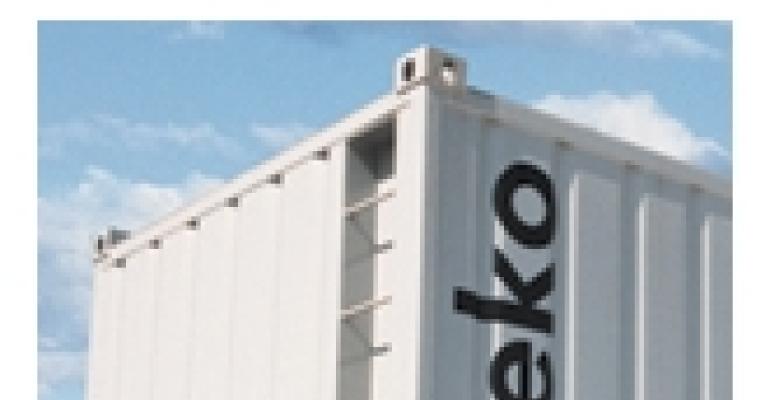TIP: Send a signal.

As the first rental company to install “global positioning system” (GPS) monitoring in its entire fleet of generators, according to product manager Anne Feudner, Sheboygan, Wis.-based Kohler Rental is serious about keeping tabs on the events to which it rents.
Feudner explains that Kohler uses satellite-based GPS to check its equipment for “moves, scheduled maintenance and critical functions.” The company is alerted when battery power dips or fuel runs low, she notes, “which allows Kohler Rental to proactively take care of any issues without any interruption to the event.” Event clients, too, can access Kohler's online system to monitor their equipment's maintenance schedules as well as their fuel and battery levels.
As an example of the system's effectiveness, Feudner cites the ATP tennis tournament that took place in Las Vegas earlier this year. During the more than month-long span covering setup, event and strike, “The customer had 100 percent equipment uptime,” she recounts. “The GPS monitoring system allowed Kohler to verify fuel was being delivered as scheduled and make any adjustments if needed so no generator would run out of fuel during the event.”
Like the producers of the ATP event, event planners across the board “can rest assured knowing they have reliable power because Kohler Rental is monitoring their generators' critical functions,” Feudner says.

TIP: Go green.
Environmental friendliness isn't just a good idea — when it comes to generators, it can be the law. So notes Gary Meador of Houston-based Aggreko Event Services, who says his company is focused on making its power equipment more ecologically sound.
Stopping spills is one area where Aggreko's Green Power generator has made significant strides. As Meador explains, “A generator is like a car, with lots of fluids inside. If a fuel tank were to erupt inside the unit, the bottom of [the unit] is big enough to contain all fluids.”
Aggreko also has created generator units that employ tighter emission controls in order to comply with increasingly tight air-quality regulations. Local regulars may fine an event or even shut it down if emission levels are exceeded. Such equipment includes advances such as internal scrubbers “to remove sulfur from fumes,” Meador notes. He adds that cleaner, greener power equipment, which Aggreko first introduced for the 1996 Summer Olympic Games in Atlanta, will continue to be refined “to keep up, as regulations continue to change.”
For event planners, the ability to go green can be an important cog in their marketing machine. “Any time planners can educate themselves on the simpler things, like the benefit of using environmentally friendly generators, that is something they can use to differentiate themselves when they sell to their clients,” Meador says. “They can say, ‘I'm going to get you an Aggreko generator.’ Then the client doesn't have to worry about diesel fuel killing all his grass.”
TIP: Check your speed.

In the world of events, where special moments command guests' special attention, ambient silence is golden. So quiet generators often are a requirement in creating event environments.
MQ Power, the power rental division of Carson, Calif.-based Multiquip Inc., meets the demand for quiet power with its Crawford Studio Generators line. Generators in the line are equipped with a variable-speed hydraulic fan drive — an advancement the company masterminded in order not only to ensure consistent silence, but to reduce maintenance costs as well, according to entertainment power group division manager Chris Rasmussen. The drive “slows the fan speed down in the radiator of the generator when the engine is cool, and speeds it up when it's hot,” as it may be on a summer day or when the unit is handling a particularly heavy load, Rasmussen says.
Event producers who seek silence — as do the film-makers for whom Crawford generators were developed to provide quiet on the set — can expect a consistent result with the units. “When the fan speed is slowed, the generator sound drops significantly,” Rasmussen says, and that allows for a uniform low level of sound no matter the conditions.





